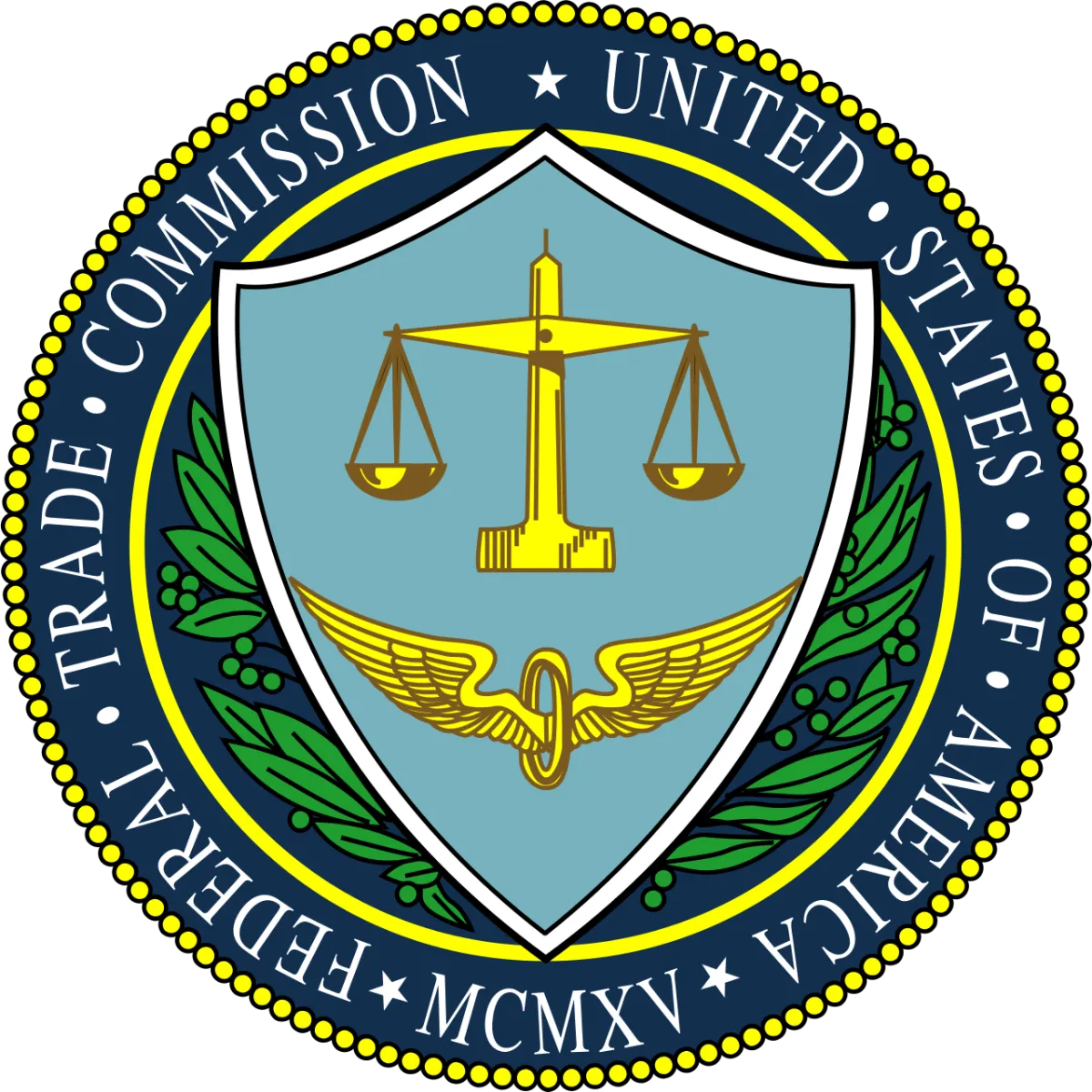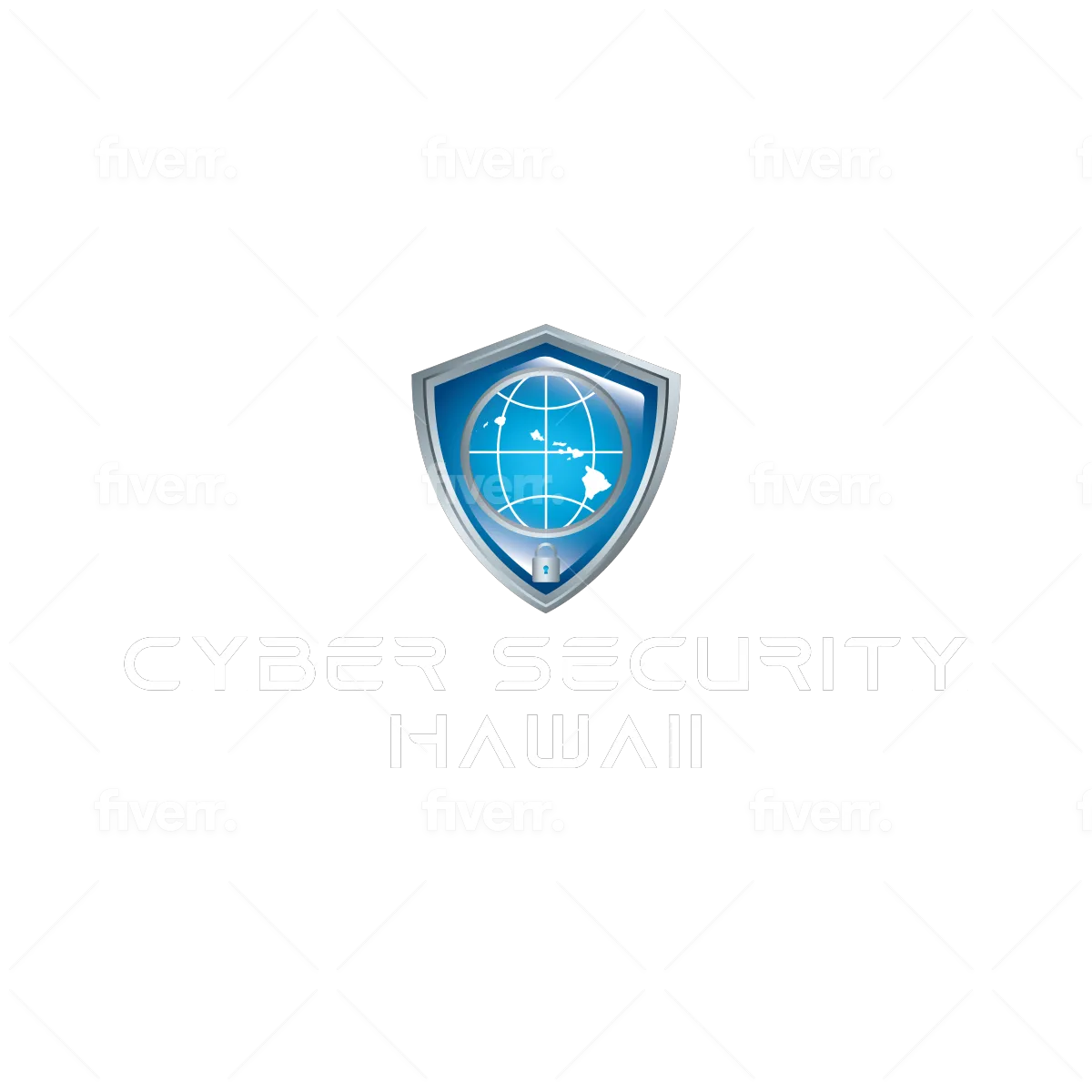
FTC Safeguards Rule - Who Needs To Comply?
Aloha Hawaii Business Owners,
Let's be honest – the term "cybersecurity" might sound as intimidating as a volcanic eruption to those of us who didn't grow up with a keyboard in our hands. But here's the stark reality: in today's hyper-connected world, every business, regardless of its size or industry, is a potential target for cybercriminals.
Just like we protect our homes from hurricanes and our families from illness, we need to protect our businesses from the digital storms brewing in cyberspace. In this in-depth newsletter, we're going to delve deep into the FTC Safeguards Rule, a regulation that may seem complex, but is absolutely crucial for the safety of your business and your customers' sensitive information. We'll also explore recent cyber threats, both global and local to Hawaii, and how they could impact you. Don't worry, we'll break it down in simple terms and provide actionable steps you can take – even if you're not a tech whiz.
The FTC Safeguards Rule: What Every Hawaii Business Owner Must Know
Think of the FTC Safeguards Rule as a life preserver for your business in the turbulent seas of cybercrime. It's a set of regulations put in place by the Federal Trade Commission (FTC) to protect consumers' financial information. If you collect, store, or handle any kind of "nonpublic personal information" – social security numbers, credit card details, bank account information, etc. – then this rule applies to you.
Who's Affected?
The reach of the FTC Safeguards Rule is far and wide. It covers a wide range of businesses, including:
Lenders: Banks, credit unions, mortgage brokers, and other financial institutions.
Insurance Companies: Life, health, property, and casualty insurers.
Tax Preparers: Accountants, tax professionals, and anyone who handles tax-related data.
Financial Advisors: Investment advisors, financial planners, and those offering financial services.
Real Estate Related Companies: Title companies, escrow companies, appraisers, and anyone involved in real estate transactions.
Debt Collectors: Collection agencies and any business engaged in debt collection activities.
Other Businesses: Any business that collects or handles sensitive financial information or brings together or mediates parties in a financial transaction, such as M&A, Automobile, Trusts or other transactions, as part of its operations.
Why Compliance Matters: More Than Just Avoiding Penalties
Yes, the FTC can impose hefty fines on businesses that fail to comply with the Safeguards Rule. But compliance isn't just about avoiding financial penalties – it's about much more:
Protecting Your Customers' Livelihoods: A data breach can be financially devastating for your customers, exposing them to identity theft, fraud, and a whole host of other problems.
Safeguarding Your Business's Future: A cyber attack can damage your reputation, lead to significant financial losses (think lawsuits, regulatory fines, lost business), and in the worst-case scenario, even force you to shut down.
Building Trust and Loyalty: Demonstrating that you take data security seriously can strengthen your relationship with customers, build trust, and give you a competitive advantage.
How to Comply: A Step-by-Step Guide
Now for the part you've been waiting for: how to actually comply with the FTC Safeguards Rule. Here's a simplified breakdown:
Designate a Qualified Individual: Appoint someone in your organization to be responsible for overseeing your information security program. This doesn't have to be a full-time IT expert, but they should have the knowledge and authority to implement and manage your cybersecurity efforts.
Conduct a Risk Assessment: Identify the risks to customer information in your possession. This means looking at how you collect, store, and dispose of data, as well as potential threats like hacking, malware, and natural disasters.
Develop a Written Information Security Plan: This plan should outline the policies and procedures you'll implement to protect customer information. It should include details on how you'll control access to data, train employees, and respond to security incidents.
Implement Safeguards: Put your plan into action. This may involve installing firewalls, encrypting data, implementing multi-factor authentication, and regularly updating your software and systems.
Regularly Monitor and Test: Cybersecurity is an ongoing process. Regularly review and update your plan, test your safeguards by conducting ongoing risk assessments, and stay informed about the latest threats (my weekly newsletter is an excellent way to stay informed).
The Cyber Security Hawaii Advantage: Why Choose a Specialist?
While a general cybersecurity firm might have a broad understanding of security principles, they may not have the in-depth knowledge of the specific requirements and nuances of the FTC Safeguards Rule.
That's where Cyber Security Hawaii stands out. We're not just cybersecurity experts – we're specialists in FTC Safeguards compliance. This means we:
Know the Rule Inside and Out: We stay up-to-date on the latest changes and interpretations of the FTC Safeguards Rule, ensuring your business remains compliant.
Tailor Solutions to Your Needs: We understand that every business is unique. We'll create a custom-tailored security plan that addresses your specific risks and vulnerabilities.
Provide Proactive Protection: We don't just react to threats, we actively seek them out and implement preventive measures to keep your data safe.
Ensure Ongoing Compliance: We don't just assess your security once. We perform regular risk assessments on both your business and our own systems to maintain continuous compliance, as required by the FTC Safeguards Rule.
Offer Peace of Mind: With our expertise, you can rest assured that your business is meeting its regulatory obligations and that your customers' data is protected.
Recent Cyber Attacks: A Wake-Up Call for Hawaii Businesses
Let's take a look at some recent cyberattacks, both globally and closer to home, that highlight the importance of robust cybersecurity measures:
Global Threats:
Massive Password Leak (RockYou2024): A staggering 10 billion passwords were exposed in this leak, demonstrating the importance of strong password hygiene and the use of unique passwords for every account. Read more here.
Ransomware on the Rise: Ransomware attacks are becoming more sophisticated and costly, with the average demand now exceeding $5 million. Don't let your business become the next victim. Learn more about the latest ransomware trends here.
Cyber Threats at Euro 2024: Even major sporting events aren't immune to cyberattacks. Hackers targeted Euro 2024 with credential theft, phishing, and denial-of-service attacks. This serves as a stark reminder that no industry is safe. Explore the details here.
Attacks Closer to Home (Hawaii):
TheBus and Handi-Van Ransomware Attack: In January 2024, Oahu Transit Services, the operator of TheBus and Handi-Van, was hit by a ransomware attack that compromised personal data of riders and employees.
Several Real Estate Service Companies Attacked By Ransomware: Several real estate servicing companies were hit by Ransomware in the first quarter of 2024, halting many real estate transactions.
Hawaii Community College Ransomware Attack: In June 2023, Hawaii Community College suffered a ransomware attack that affected its network and potentially exposed personal information of students and staff.
Malama I Ke Ola Health Center Ransomware Attack: This Maui health center was reportedly targeted by the LockBit ransomware group in June 2023.
Hawaii Medical Service Association Data Breach: In September 2023, HMSA experienced a data breach through a third-party vendor, potentially exposing personal and protected health information of employees.
These local incidents underscore that cyber threats are not just a problem for big corporations or faraway lands – they're a real and present danger right here in Hawaii.
Don't Wait Until It's Too Late
Taking proactive steps to secure your business's data is not just a legal requirement, it's a smart business decision. It can save you money, protect your reputation, and most importantly, keep your customers' information safe.
Ready to Take Action?
We understand that navigating the world of cybersecurity can be overwhelming. That's why we're offering a FREE 15-minute cybersecurity strategy session to all Hawaii businesses. During this session, we'll discuss your specific concerns, assess your risks, and provide you with actionable recommendations for improving your security posture.
Book your session today at https://strategy.cybersecurehawaii.info and let Cyber Security Hawaii help you navigate the complexities of cybersecurity so you can focus on what you do best – growing your business.
Reliable, Consistent, Responsive Cybersecurity and IT Services
If your current provider is unresponsive, non-communicative and not delivering on what they promised you, give us a call and experience the difference of customer first service.

Contact
What We Do
© Copyright 2024. Cyber Security Hawaii. All rights reserved.

